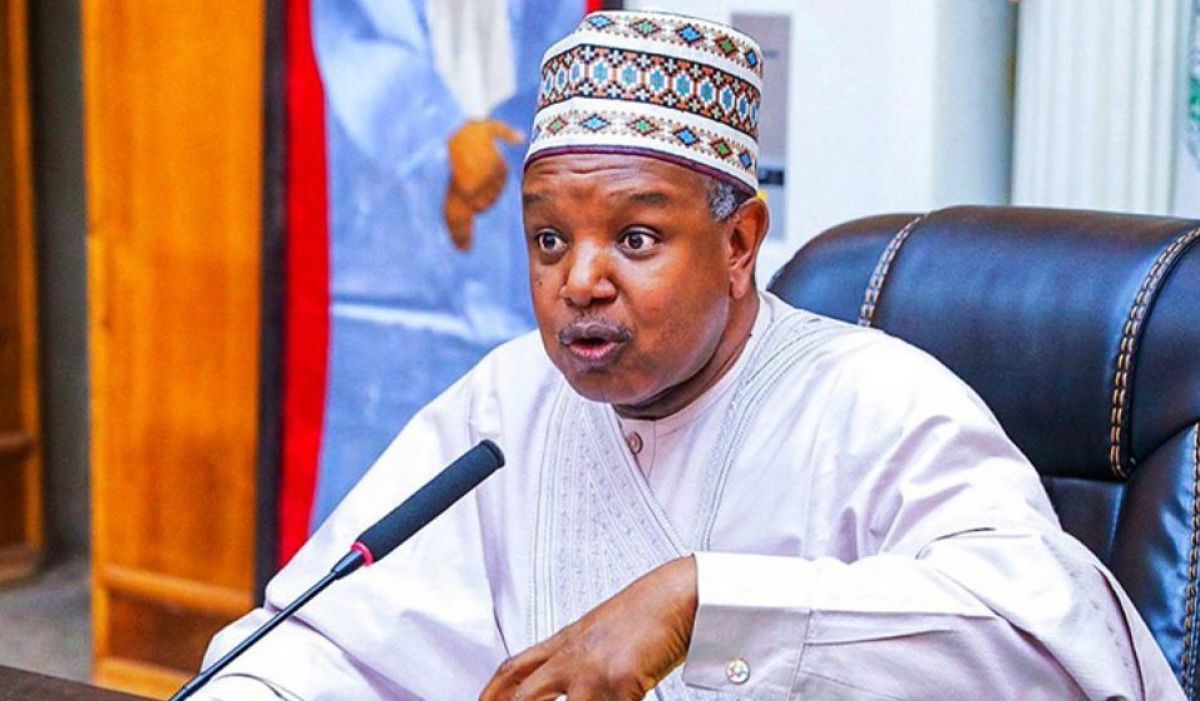FG Approves New Medium-Term Development Plan (2026–2030)

The Federal Government has endorsed a fresh Medium-Term National Development Plan for 2026–2030, designed to succeed the current 2021–2025 framework.
Minister of Budget and Economic Planning, Atiku Bagudu, announced this while addressing journalists at the State House after the National Economic Council meeting presided over by Vice President Kashim Shettima.
According to him, the new plan, to be launched in December 2025, will incorporate the efforts of all three tiers of government, from local councils to the federal level. He explained that the existing post-COVID plan (2021–2025) fell short of its target of achieving 7% growth due to delays in implementing critical reforms.
Bagudu noted that key economic measures such as subsidy removal, foreign exchange reforms, market liberalisation, and tax restructuring were postponed until President Bola Tinubu assumed office in 2023. “Regrettably, those actions were not taken and therefore, the anticipated result of 7% growth rate was not achieved,” he stated.
He expressed optimism that with the current reforms yielding results, and with state and local governments earning more revenue and reducing domestic borrowing, the 2026–2030 plan would achieve greater success.
The minister explained that the development agenda forms part of a 30-year perspective plan broken into six five-year cycles. He added that the forthcoming plan will ensure continuity, consolidate ongoing reforms, and address emerging economic challenges.
“It will also help in providing a coherent framework to accelerate job creation, improve human capital, expand sustainable infrastructure, enhance food security, and strengthen social protection,” Bagudu said.
Preparation for the plan begins this month, with broad stakeholder participation expected. He revealed that three structures — a national steering committee, a central working group, and a technical working group — will be established to oversee its development, with representation from the public sector, private sector, civil society, political groups, youth, labour, and traditional institutions.





